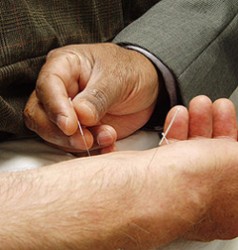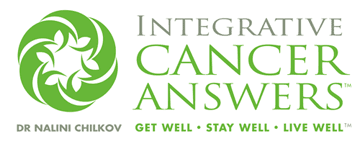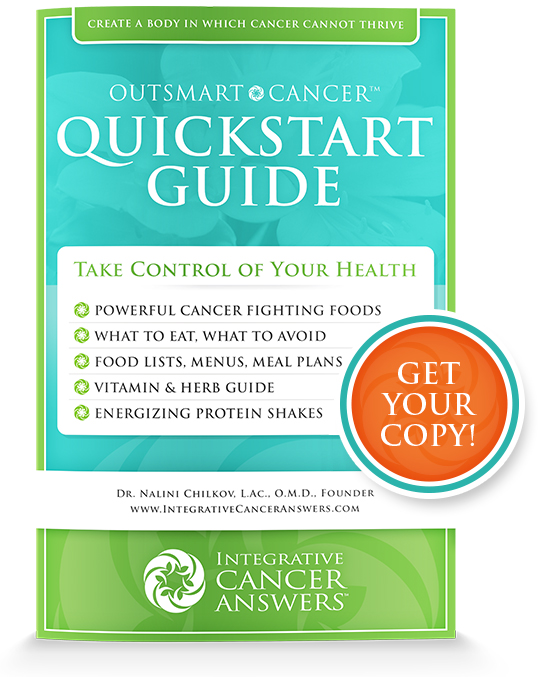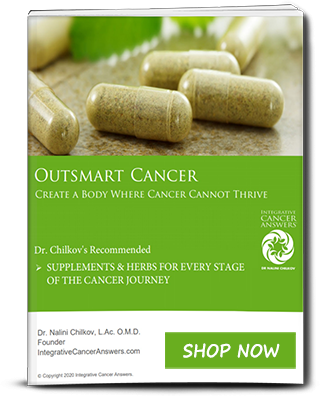
Many breast cancer patients suffer mild to severe joint pain as a common side effect of drug treatments that block estrogen. These drugs, primarily aromatase inhibitors, are used in women with breast cancer cells showing hormonal receptors for estrogen on their surface indicating that estrogen fuels cancer growth in these women.
A new study, led by researchers at the Herbert Irving Comprehensive Cancer Center at NewYork- Presbyterian Hospital/Columbia University Medical Center, demonstrates that acupuncture may be an effective therapy for joint pain and stiffness in breast cancer patients who are being treated with commonly used hormonal therapies. Results were published in the Journal of Clinical Oncology and reported in OBGYN & Reproduction Week.
Among the women treated with true acupuncture, findings demonstrated that they experienced significant improvement in joint pain and stiffness over the course of the study. Pain severity declined, and overall physical well-being improved. Additionally, 20 percent of the patients who had reported taking pain relief medications reported that they no longer needed to take these medications following acupuncture treatment. No such improvements were reported by the women who were treated with the sham acupuncture.
Joint pain and stiffness are common side effects of aromatase inhibitor therapy, in which the synthesis of estrogen is blocked. The therapy, which is a common and effective treatment for early-stage, hormone-receptor-positive breast cancer in post-menopausal women, has been shown in previous research to cause some joint pain and stiffness in half of women being treated.
“Since aromatase inhibitors have become an increasingly popular treatment option for some breast cancer patients, we aimed to find a non-drug option to manage the joint issues they often create, thereby improving quality of life and reducing the likelihood that patients would discontinue this potentially life-saving treatment,” said Dawn Hershman, M.D, M.S., senior author of the paper, and co-director of the breast cancer program at the Herbert Irving Comprehensive Cancer Center at NewYork-Presbyterian Hospital/Columbia University Medical Center, and an assistant professor of medicine (hematology/oncology) and epidemiology at Columbia University Medical Center.
To explore the effects of acupuncture on aromatase inhibitor-associated joint pain, the research team randomly assigned 43 women to receive either true acupuncture or sham acupuncture twice a week for six weeks. Sham acupuncture, which was used to control for a potential placebo effect, involved superficial needle insertion at body points not recognized as true acupuncture points. All participants were receiving an aromatase inhibitor for early breast cancer, and all had reported musculoskeletal pain.
“This study suggests that acupuncture may help women manage the joint pain and stiffness that can accompany aromatase inhibitor treatment,” said Katherine D. Crew, M.D., M.S., first author of the paper, and the Florence Irving Assistant Professor of Medicine (hematology/oncology) and Epidemiology at Columbia University Medical Center and a hematological oncologist at NewYork-Presbyterian Hospital/Columbia University Medical Center. “To our knowledge, this is the first randomized, placebo-controlled trial establishing that acupuncture may be an effective method to relieve joint problems caused by these medications. However, results still need to be confirmed in larger, multicenter studies.”
Acupuncture also treats cancer related fatigue, hot flashes, sleep disruption and chronic pain. Acupuncture is an alternative cancer care modality that also promotes immune support, stress management, recovery from surgery, chemotherapy and radiation and improvement in quality of life. Acupuncture is now offered to cancer patients in many Integrative Oncology and Cancer Care Centers.
You may also like:
Can Acupuncture Help Cancer Patients?
Acupuncture Relieves Fatigue in Cancer Patients
Chronic Pain After Cancer Recovery: Acupuncture to the Rescue













As Seen On: